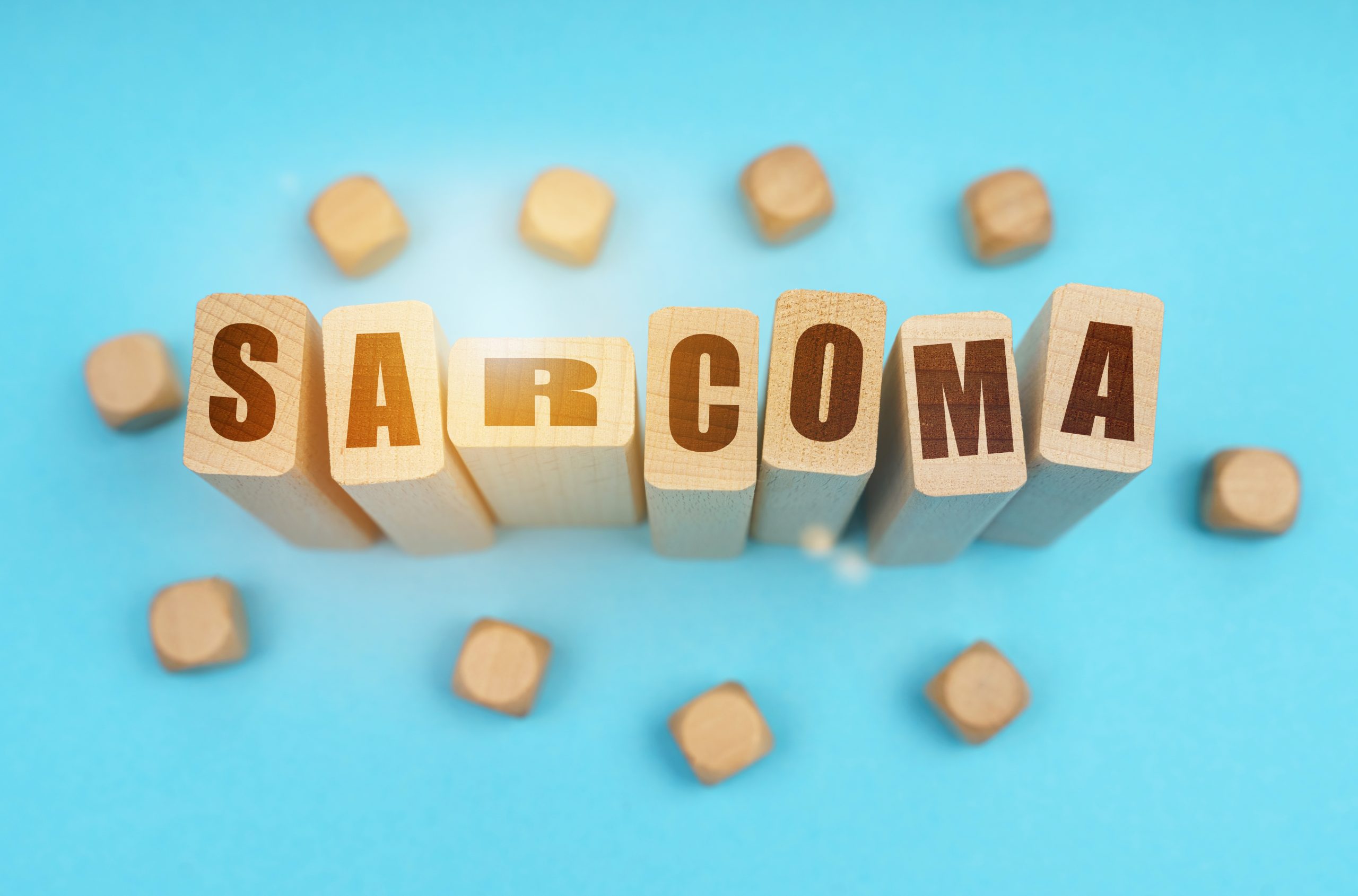Sarcoma is a rare type of cancer that arises in the bone and soft tissue, which includes fat, muscles, blood vessels, nerves and fibrous tissue. Sarcomas can develop in any part of the body, though they are most commonly seen in the arms and legs.
There are more than 80 different types of sarcomas. Knowing which type you have helps doctors predict how the tumour will respond to specific treatments. It also allows them to personalize your treatment for a better outcome.
Sarcomas are usually classified & named after the cell of origin in the body. Some examples include:
- Lipo-sarcoma arises from fat cells
- Leiomyo-sarcoma arises from the smooth muscle
- Rhabdomyo-sarcoma arises from the skeletal muscles
- Angio-sarcoma arise from blood vessels
- Malignant peripheral nerve sheath tumour (MPNST or PNST) arises from the lining of nerve cells
- Gastro-intestinal stromal sarcoma (GIST) arises from nerve cells in the gut (treatment options differ from other types of soft tissue sarcoma)
- Uterine sarcoma arises from the muscles and supporting tissue of the uterus (womb)
- Osteo-sarcoma arises from bones
Due to the heterogenous nature and variable location of sarcomas, each patients’ recommended treatment options will also vary, depending upon the histological subtype, stage, grade, and location of the tumour.
Like most cancers, an early diagnosis and timely treatment can save lives. Being aware of any changes in our body and seeking medical attention early is crucial. A delayed diagnosis and lack of access to cancer care may result in less-than-optimal outcomes.
The treatment for patients with sarcoma would usually involve more than one treatment modality. These include:
- Surgery
- Radiation therapy
- Chemotherapy
- Targeted therapy
- Novel therapy e.g immunotherapy
While sarcoma treatment improves survival and life expectancy, it is possible for the cancer to relapse in approximately 50% of all patients. Some sarcomas tend to recur in the same location, while some recur in other parts of the body. With close surveillance follow up and early detection of cancer recurrence, there is still a good chance for disease control and cure.
It is of critical importance that your cancer specialist who oversees & coordinates your care of these cancers from the time of diagnosis throughout the course of your cancer journey, is well-versed and experienced in the management of all the different types of sarcomas.






